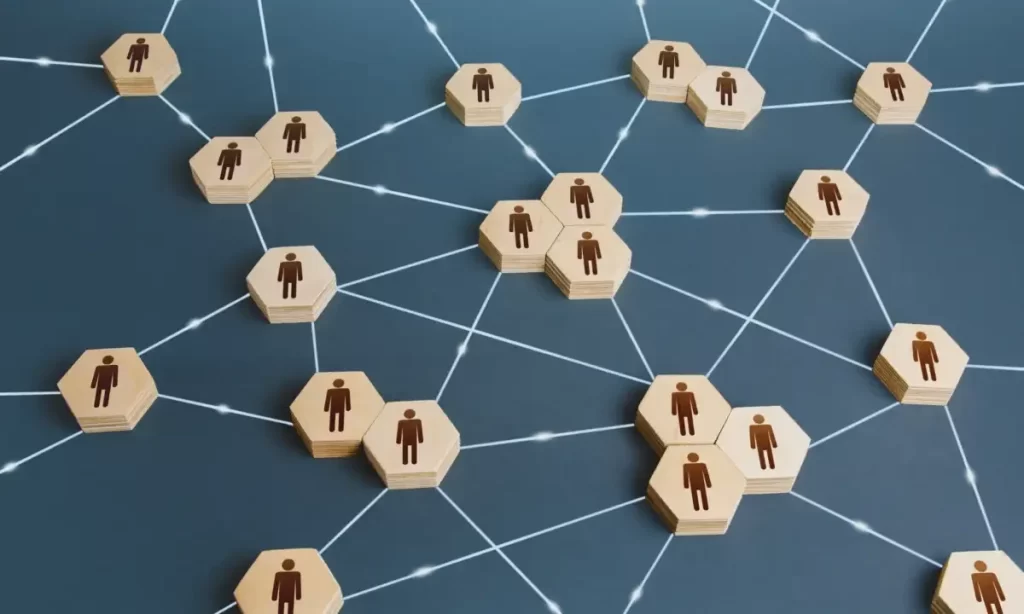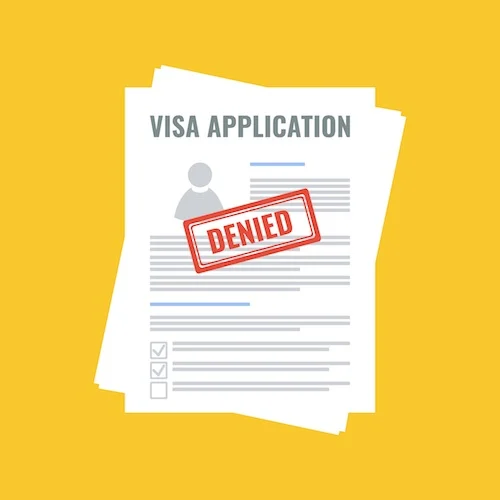In many countries, job offers are strictly based on grades or test scores. But in the United States, networking plays a vital role in professional success—sometimes even more than GPA or résumé polish. For international students, understanding and mastering the art of networking can open doors to internships, research opportunities, OPT jobs, and even full-time careers after graduation.
In this blog, we’ll demystify networking in the U.S., explore how it differs from other cultures, and give you practical ways to get started.
Why Networking is So Important in the U.S

In the U.S., the phrase “It’s not what you know, it’s who you know” is more than just a saying—it’s often a professional truth. Here’s why:
✅ 1. Hidden Job Market
Many job opportunities are never posted online. They’re filled through referrals and internal recommendations. Networking helps you gain access to opportunities before they’re even advertised.
✅ 2. Strong Recommendations Matter
A hiring manager is more likely to trust a candidate who comes recommended by someone they know. A personal connection often puts your application at the top of the pile.
✅ 3. Cultural Fit is Key
In the U.S., companies highly value soft skills and team fit. Networking allows employers to see who you are beyond a piece of paper, which makes your candidacy more personal and relatable.
Types of Networking in the U.S
👥 1. Informational Interviews

These are short, one-on-one conversations where you ask professionals about their career journey, not a job. It’s a low-pressure way to learn and connect.
👨🏫 2. University Events & Career Fairs

These provide direct access to recruiters and alumni. Even casual chats at these events can turn into valuable leads or mentorships.
🌐 3. LinkedIn and Online Networking

LinkedIn is essential in the U.S. career landscape. Engaging in thoughtful conversations, commenting on posts, or sending personalized connection requests helps build your online presence.
🧑🎓 4. Campus Clubs and Organizations

Student clubs related to your major or career goals are great for building friendships and professional bonds that may last for years.
Cultural Tips for Networking in the U.S.
🗣️ 1. Be Direct but Polite
In the U.S., it’s perfectly okay to introduce yourself to someone at an event or online and ask about their work. Just be clear, respectful, and don’t immediately ask for a job.
📧 2. Follow Up
After meeting someone, always send a thank-you email or message on LinkedIn. Keep the conversation going with genuine interest—not just requests.
⏱️ 3. Respect Time
Americans value punctuality. If someone agrees to meet you for coffee or a video call, show up on time and stick to the agreed duration.
How International Students Can Start Networking Today
| Action | Description |
|---|---|
| ✅ Attend Workshops | Your university career center likely offers networking seminars. Attend them! |
| ✅ Join LinkedIn | Make a polished profile and start following companies and people in your field. |
| ✅ Talk to Professors | They often have industry connections and can recommend you for roles. |
| ✅ Volunteer | A great way to meet professionals and gain U.S. work culture experience. |
| ✅ Use Alumni Networks | Many universities have special platforms to connect students with alumni. |
Real Success Story
A computer science graduate from Pakistan at a U.S. university attended a hackathon organized by an alumni group. He struck up a conversation with a senior developer, which led to a summer internship. That internship later turned into a full-time role post-OPT.
That’s the power of networking.
Final Thoughts
In the U.S., networking isn’t just a professional strategy—it’s a cultural norm. As an international student, embracing this culture of connection can drastically enhance your academic, social, and career outcomes. The earlier you start, the more natural—and powerful—it becomes.



